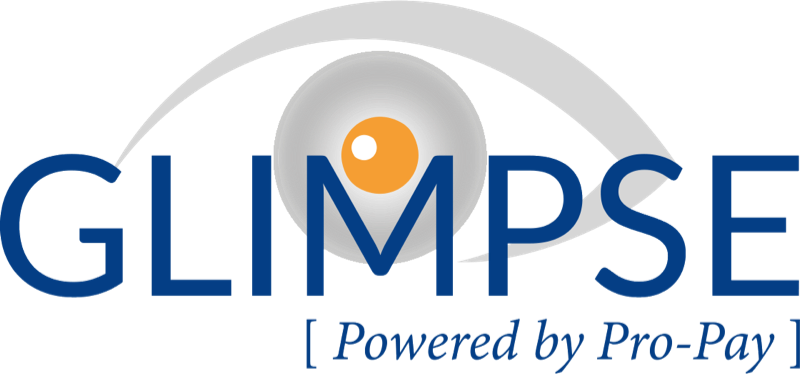A European framework agreement laying down rules for cross-border telework

During the COVID-19 pandemic, teleworking gained popularity. Many employees returned to their home country to telework from there. Although the crisis is now behind us, we all continue to telework. One sometimes forgets that this changed situation could have had a significant impact on the social security system applicable to the employees concerned, in the light of European Regulation 883/2004. To avoid a switch in the applicable social security system, certain Member States have taken measures together.
Principle
The European Regulation 883/2004 lays down the following rules regarding the Member State in which social security contributions must be paid:
- the employee working in a Member State is subject to the social security legislation of that Member State (except in the case of posting);
- an employee who normally performs work in two or more Member States is subject to the social security legislation of the Member State of residence if he performs a substantial part of his work there, which is at least 25% of his work.
Transition period: COVID-19 pandemic
During the COVID-19 pandemic, Member States decided to neutralise the period of teleworking during the COVID-19 pandemic when calculating the 25% threshold. This effectively avoided a possible change in the applicable social security system and its consequences. In practice, a fiction was applied that employees were still working from the state where they worked before the COVID-19 pandemic, when in reality this was not the case. This tolerance was applicable until 30 June 2023.
What happened as of 1 July 2023?
Given the significant increase in telework, there was a real risk that the applicable social security system would change if employees continued to telework from their country of residence, thus exceeding the 25% threshold.
A European framework agreement was therefore created to prevent employees (and employers) from having to switch to another social security system. This framework agreement came into force on 1 July 2023. Below is an overview of the rules as contained in this agreement.
Principle
The framework agreement does not amend the Regulation 883/2004 mentioned above, but it is an agreement under article 16 of the Regulation. The principle of this agreement is as follows: an employee can remain subject to the social security system of the country where the employer is based while teleworking from the country of residence, provided he teleworks less than 50% of the time there. The framework agreement is very important because it allows employees to exceed the threshold of 25% of their working time in their country of residence, up to 49.99%, without affecting the applicable social security system.
Personal scope
Certain conditions must be fulfilled. The employee must be employed by one or more employers based in the same Member State (work state). The employee's work state must be the state in which the employer has its registered seat. Consequently, employees working from a country other than where the employer has its registered seat, for example from a branch in another country, are excluded from the scope of the framework agreement. Thus, a maximum of two member states are involved: the Member State where the employee is teleworking and the work state where the employer has its registered seat. Finally, both parties must agree to the application of the framework agreement.
Territorial scope
In terms of territorial scope, the framework agreement applies only if both the work state and the state of residence of the employee have signed the framework agreement. Belgium and its neighbouring countries have signed this agreement.
The full list of countries that have signed the agreement can be found via this link : https://socialsecurity.belgium.be/en/internationally-active/cross-border-telework-eu-eea-and-switzerland
Formalities
If all the above conditions are met, the parties should apply for an A1 certificate according to the rules of the framework agreement. This A1 certificate indicates that the employee and the employer are subject to the social security system of the state where the employer is located and therefore do not owe social security contributions in the employee's state of residence.
The authorities of the country where the employer is based, are authorised to issue this A1 certificate. They should inform the employee's country of residence that an A1 certificate is requested. Although the agreement states that the certificate is valid for three years, the Belgian National Social Security Office (RSZ/ ONSS) has indicated that the certificate is valid for a maximum of one year and can be renewed.
It is important to keep in mind that the "classic" system of simultaneous employment still applies alongside the framework agreement on cross-border telework. As a result, the parties will have the choice to apply the system they want depending on the situation they are in.
Example
An employee lives in France, but works full-time for an employer with a registered seat in Belgium. The employer has a telework policy that allows the employee to work two days a week from his home in France. The question is therefore whether the parties could apply the rules of the framework agreement and thus avoid a switch to French social security and remain covered by Belgian social security.
- The employee's work state is the country where the employer has its registered seat;
- The two countries involved, Belgium and France, have both signed the framework agreement;
- The employee teleworks at least 25% but less than 50% of the time from his country of residence.
If all conditions are met, the framework agreement can be applied if the parties agree. As a result, the employee and the employer remain subject to Belgian social security system. The employer must then apply for an A1 certificate from the Belgian National Social Security Office (RSZ/ONSS).
Do not hesitate to contact us for more information via legal@pro-pay.be.














